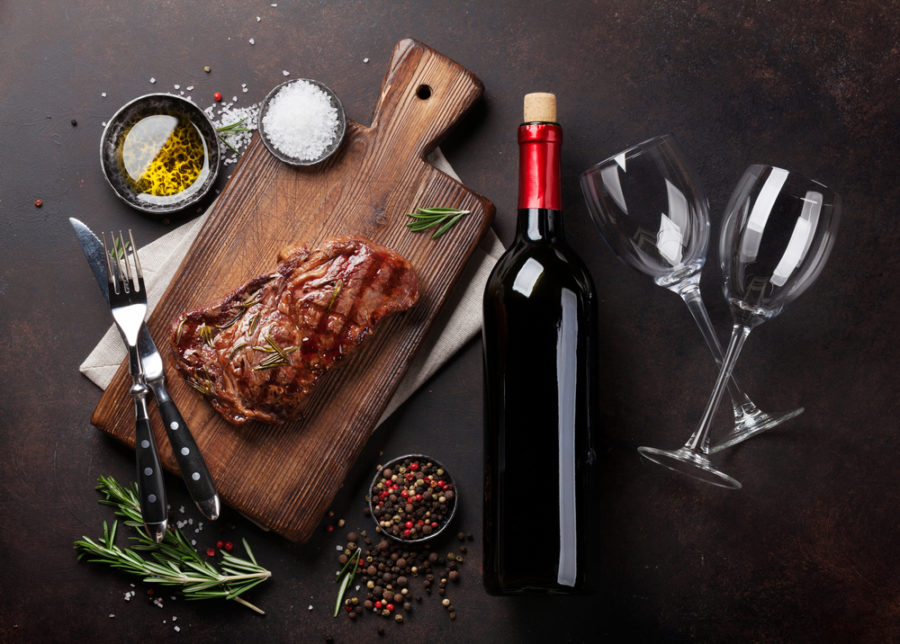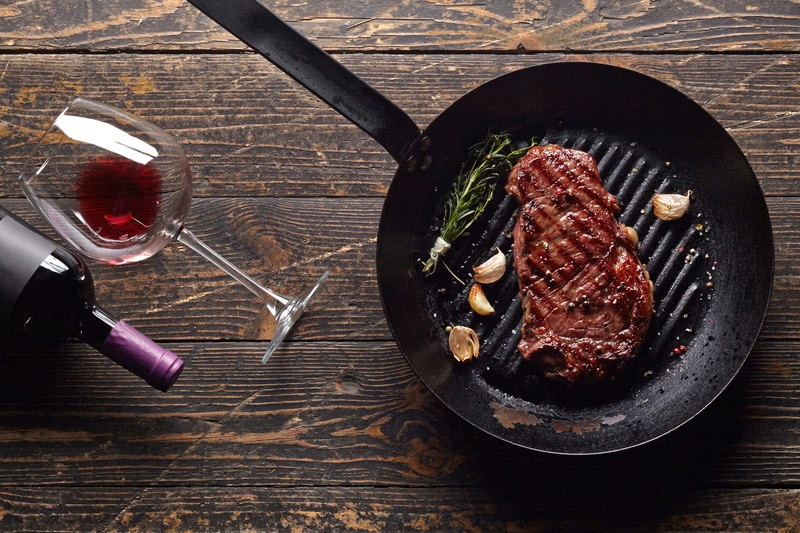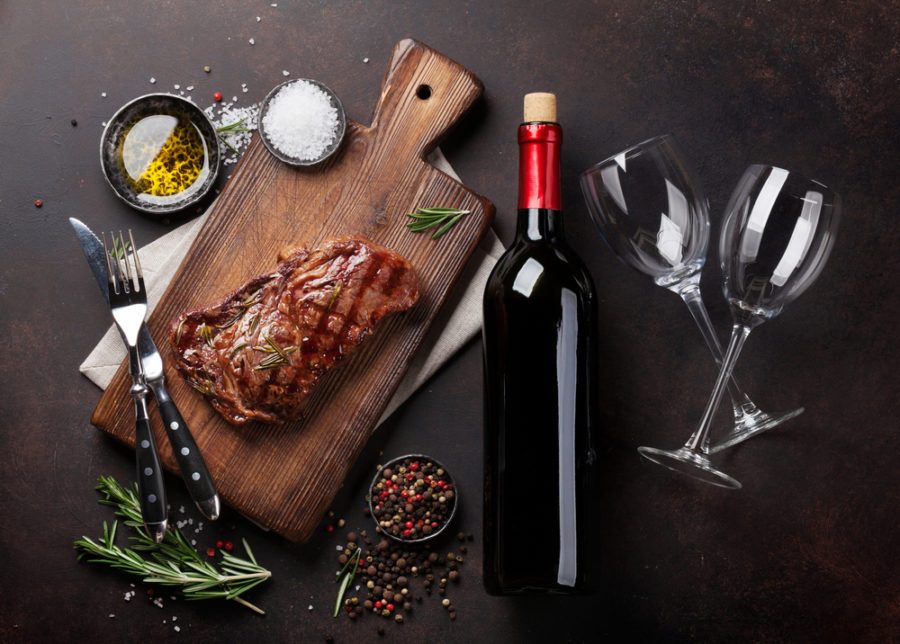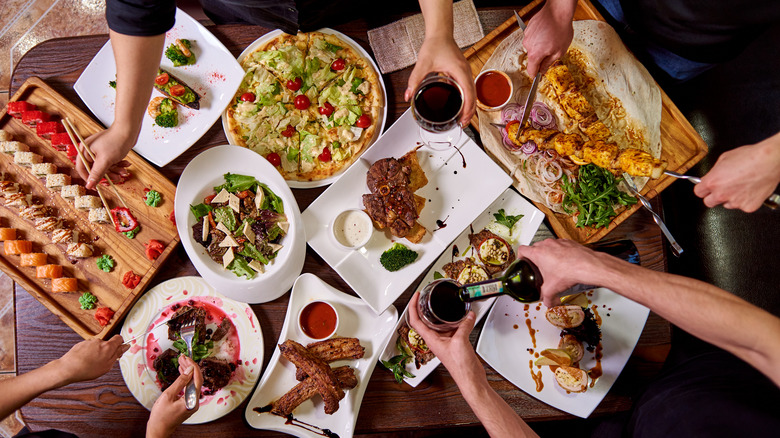The perfect wine to pair with the barbecue.

As a loyal Canadian, I rarely spend time indoors during summer, including my daily cooking. In the summer, we barbecue outside since I spend far too much of the year curled up in my kitchen.
Tossing another shrimp on the grill is said to go well with Sauv Blanc and Cab Sauv, respectively.
Although it’s not horrible advice, there is room for improvement.
Grilled, well-marbled beef such as ribeye, New York strip, or Tomahawk

These are the prime slices that are well-fatted. They are so flavorful on their own that it would be a pity to drown them in sauces. You only need a light sprinkle of salt and pepper and perhaps one or two herbs for a straightforward and effective flavour. You need an extensive red wine with solid tannins to combat the rich fat and protein. With its robust structure and flavours of spice and smoke, an Australian Shiraz is a fantastic fit.
Grilled chicken, pork, or white fish such as bass or halibut
These meats are mild yet substantial, and the grill adds char and smoky flavours. These straightforward meats require wines with sufficient substance to match their own, yet on the one hand, wines with excessive aromatic gusto can easily dominate these plain meats. A white Burgundy is an excellent option, particularly Chardonnay from areas like Mâcon or Pouilly-Fuissé that reduce the effect of the barrel and keep the fruit front and center.
Seafood, chicken, or pork that have sweet and spicy sauces and seasonings (such as blackened fish with pineapple-habanero salsa or tacos al pastor)

We’re back to discussing a wine that is both cooling for the spice and sweet for the fruit, thanks to the interaction between sweet and hot. Because of the berry flavours in the wine, the crisp acidity, and the absence of tannin, I’ve discovered that rosé is an all-around excellent complement with recipes that involve a variety of ingredients like fragrant herbs, tropical fruits, and hot chilis.
Simply grilled green vegetables (such as broccoli, asparagus, or cabbage)
The earthy, herbal flavour in green and cruciferous veggies calls for special attention. Finding a wine with that vegetal note, like Grüner Veltliner, Sauvignon Blanc, or Verdejo from Spain, is recommended since the sulfuric elements in vegetables can cause a wine to taste sulphurous.

Grilled sweet vegetables (such as onion, red pepper, or eggplant)
As they cook on the barbecue, these veggies get sweeter and softer and take on a charred flavour that is sweet and smokey. These vegetables go well with low-tannin red wines with a faint vegetable flavour. A savoury Cabernet Franc with notes of dried leaves and pepper, Pinot Noir with woodland and beetroot, and Chianti with olive, herbs, and sundried tomato flavours all work well in this situation.

